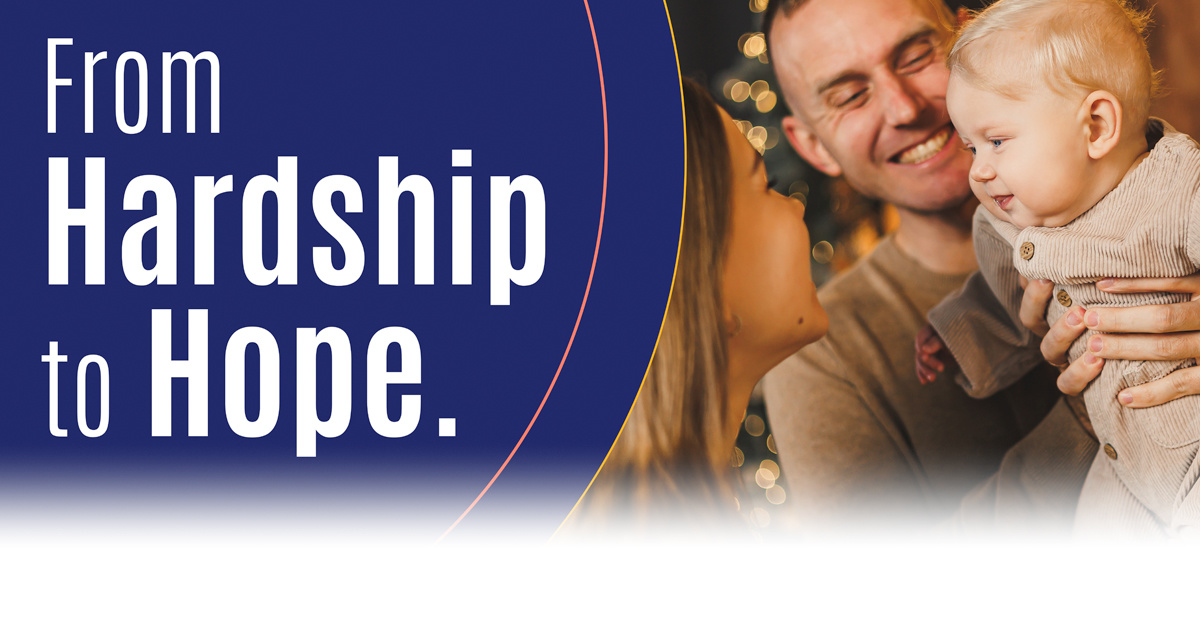BREAKING DOWN THE NEW APPROACH
The California neighborhood has experienced high levels of exploitation, neglect, lack of follow through, and if there was investment, it was without resident input. We came to the residents with a different approach—working to get to know residents and organizations, building trust, making decisions together, following through on commitments, and collaborating on projects and ideas.
In United Neighborhoods, residents R.U.L.E.—Recruit, Unite, Lead, Engage. By partnering with residents as active collaborators, we ensure our investments align with the aspirations of the neighborhood, laying the foundation for inclusive and impactful work.
“It’s their community – their neighborhood,” Antonio Readus, Senior Manager of Equity at Metro United Way, explained. “We don’t live there. At the end of the day, it’s about their wellbeing, so who better to be at the helm but themselves?”
The insight and context gained from working with and listening to residents is invaluable.
“They told us a lot of times organizations would go in and have different things that they said they’d do and then you don’t see it. Or they would do something and not consult with the residents first,” Readus continued. “So it makes sense that if these people have the biggest stake in this community that they would be at the table with the power to make decisions and steer the direction of investments.”
After we took the time to learn about the strengths and aspirations of the California neighborhood, we planned and strategized for progress.
